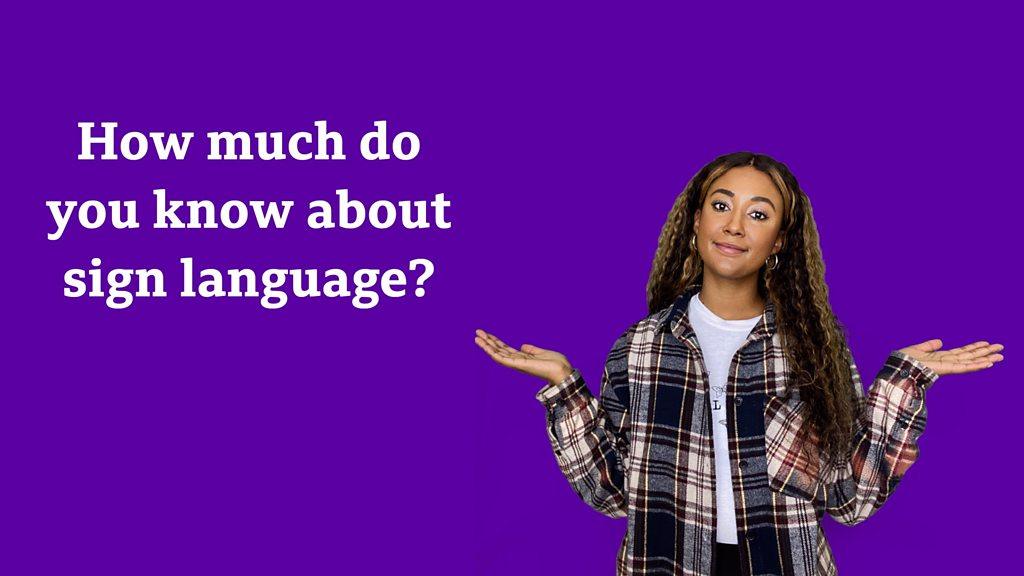Mental health: Deaf people frustrated over access to help
- Published
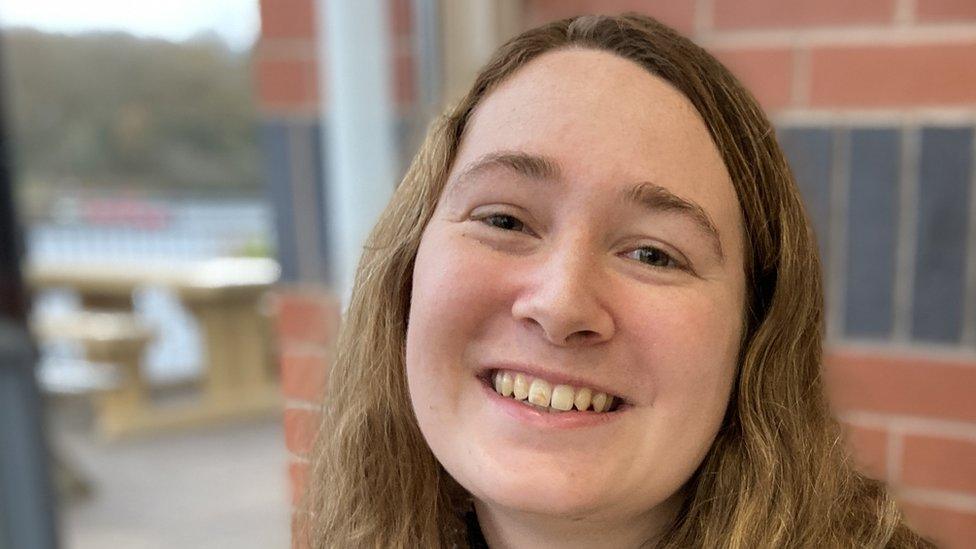
Ffion Griffiths said she had to travel from Neath to England to access the support she needed
Deaf people are twice as likely to suffer mental health problems than those with hearing, a report has found.
The All Wales Deaf Mental Health and Wellbeing Group said help in Wales was behind the rest of the UK and it wants to see significant improvements.
It also described the inequalities faced by deaf people trying to access mental health support as "really frustrating".
The Welsh government said it would consider the findings of the report.
Ffion Griffiths, 23, from Neath, has been deaf since birth, and accessing child and adolescent mental health services in Wales has been a problem over the years. She had to travel to England to get the support she needed.
"It's really frustrating because deaf people in England have more opportunities," she said.
"It means they can be treated and get better quicker but for us, how can we do that?
"How can we expect to recover if we don't have access to the services or any pathways for us to follow to get the treatment that we need in Wales?"
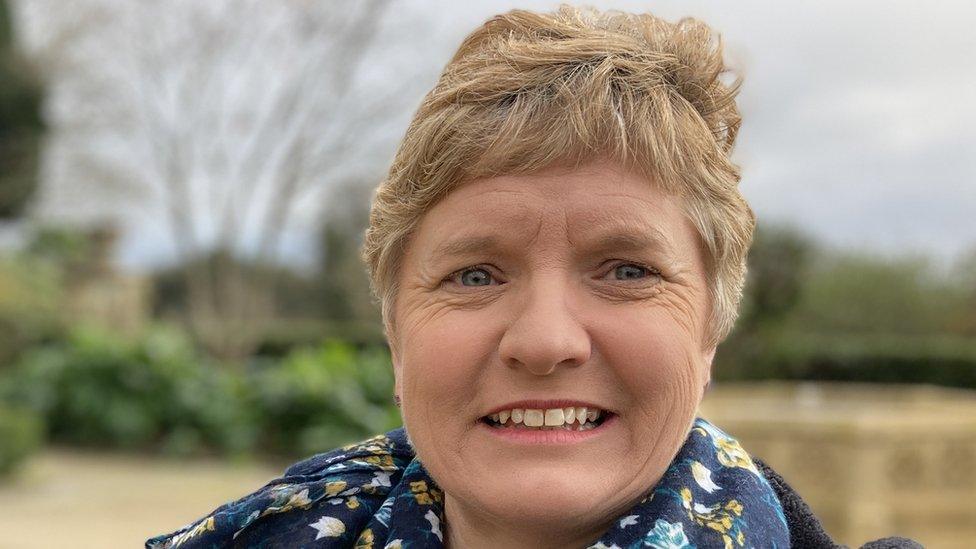
Julia Terry believes more deaf awareness is needed
The All Wales Deaf Mental Health and Wellbeing Group has compiled a report of deaf people's experiences of trying to access mental health support.
Julia Terry, a former mental health nurse and associate professor at Swansea University, has helped put together the report, which calls on the Welsh government to take action.
'Loneliness and isolation'
"We know people who are deaf often have fewer educational qualifications, lower employment rates, and increased levels of loneliness and isolation, and that's why they're more likely to develop mental health problems than hearing people," she said.
"What we've had in the past has been a few satellite service where staff from Manchester, London and Birmingham have come into Wales for a short period, but a lot of those services have dissolved.
"So people who needed hospital care have had to travel many miles away from their families and friends and have effectively been somewhere with limited support.
"We need to be doing far more in terms of supporting people who are deaf, in terms of promoting positive mental health but also a service that is accessible, run by staff who have increased deaf awareness in order to provide a supportive and safe service for deaf people in Wales."
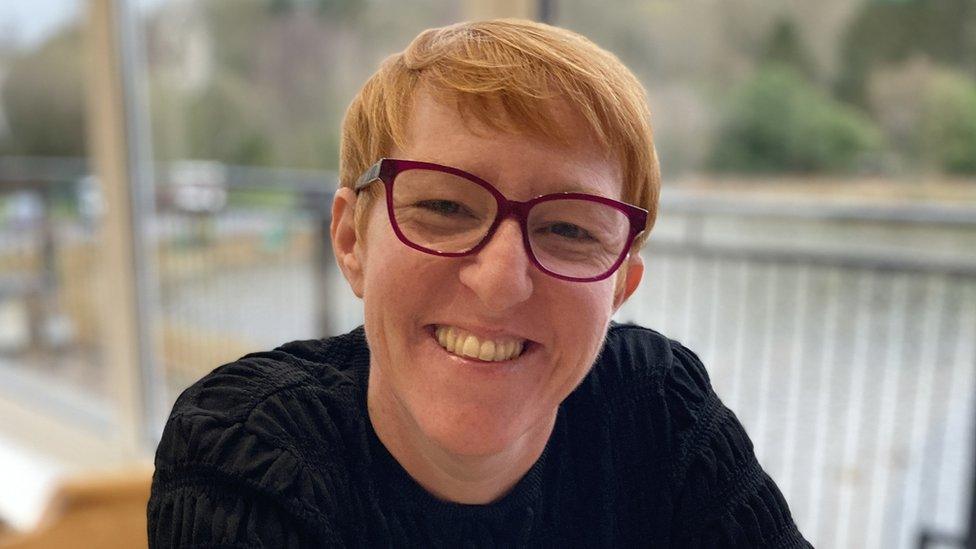
Cathie Roberts-Talbot wants an end to travelling over the border
According to the British Society for Mental Health and Deafness, Wales is the only UK country which does not provide a clear service to meet the needs of deaf people experiencing poor mental health.
Members of Wales' deaf community say they want to see primary care staff have an increased knowledge of available mental health services for deaf patients, basic training around deaf issues for all health and care workers, and an accessible helpline and signposting service.
As well as being deaf herself, Cathie Roberts-Talbot provides mental health training to the deaf community.
"Deaf people living in Wales should have the support in Wales - not having to go over the border to England," she said.
"You should have equality and access to information but at the moment, as a member of the deaf community, I don't feel that."
Social isolation, anxiety and stress are some of the most prevalent issues facing the deaf community, according to the survey
She added: "Our biggest concern going forward is that people need more mental health services and if there isn't that provision in Wales longer term, it's going to be more difficult and problematic for the deaf community because that early intervention isn't going to happen."
A Welsh government spokeswoman said: "We will consider the findings of this report as we implement our Together for Mental Health strategy and framework of care and support for people who are deaf or living with hearing loss."

TEENAGE KICKS: New series of BAFTA award-winning In My Skin
BACK TO THE VALLEYS: Beena is young, spirited and fancy free, well she was until Mam got involved...

- Published30 October 2021
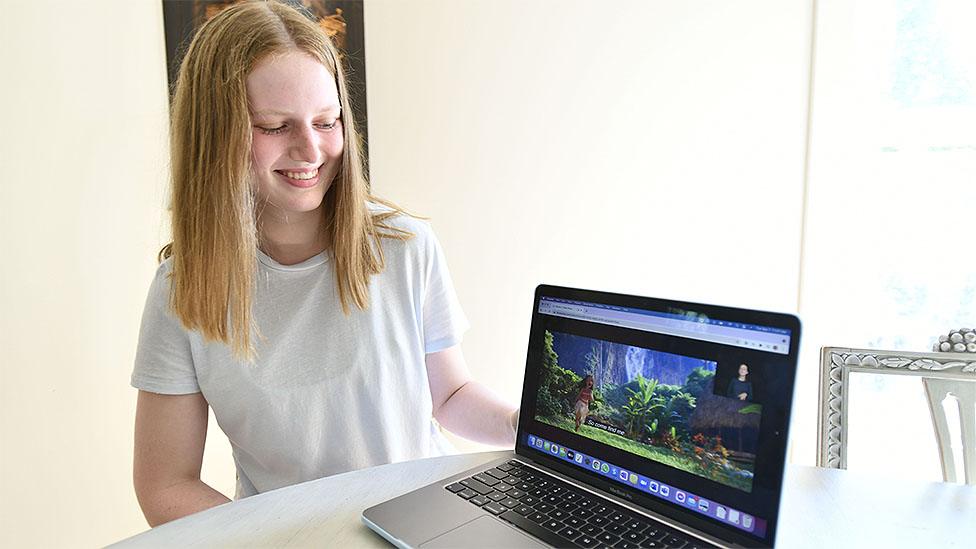
- Published9 May 2021
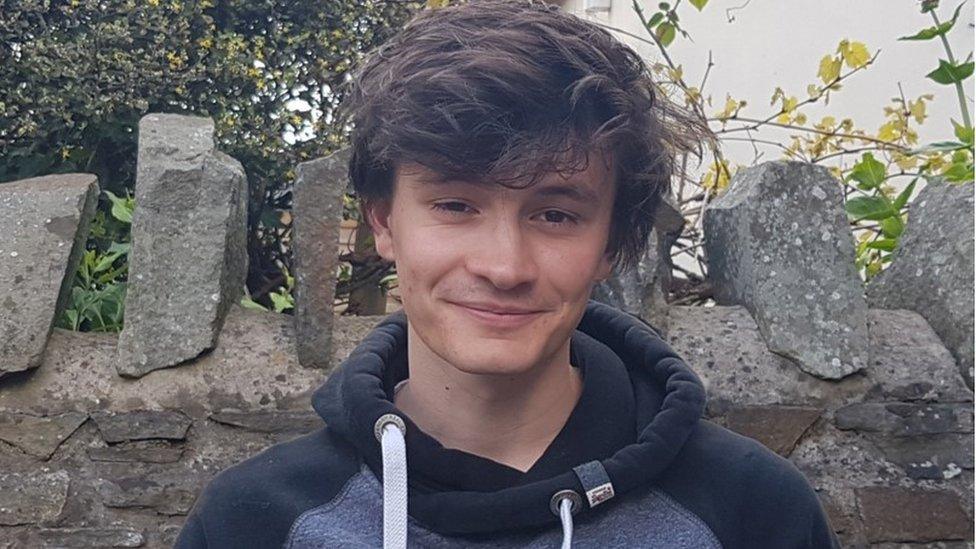
- Published23 September 2021
